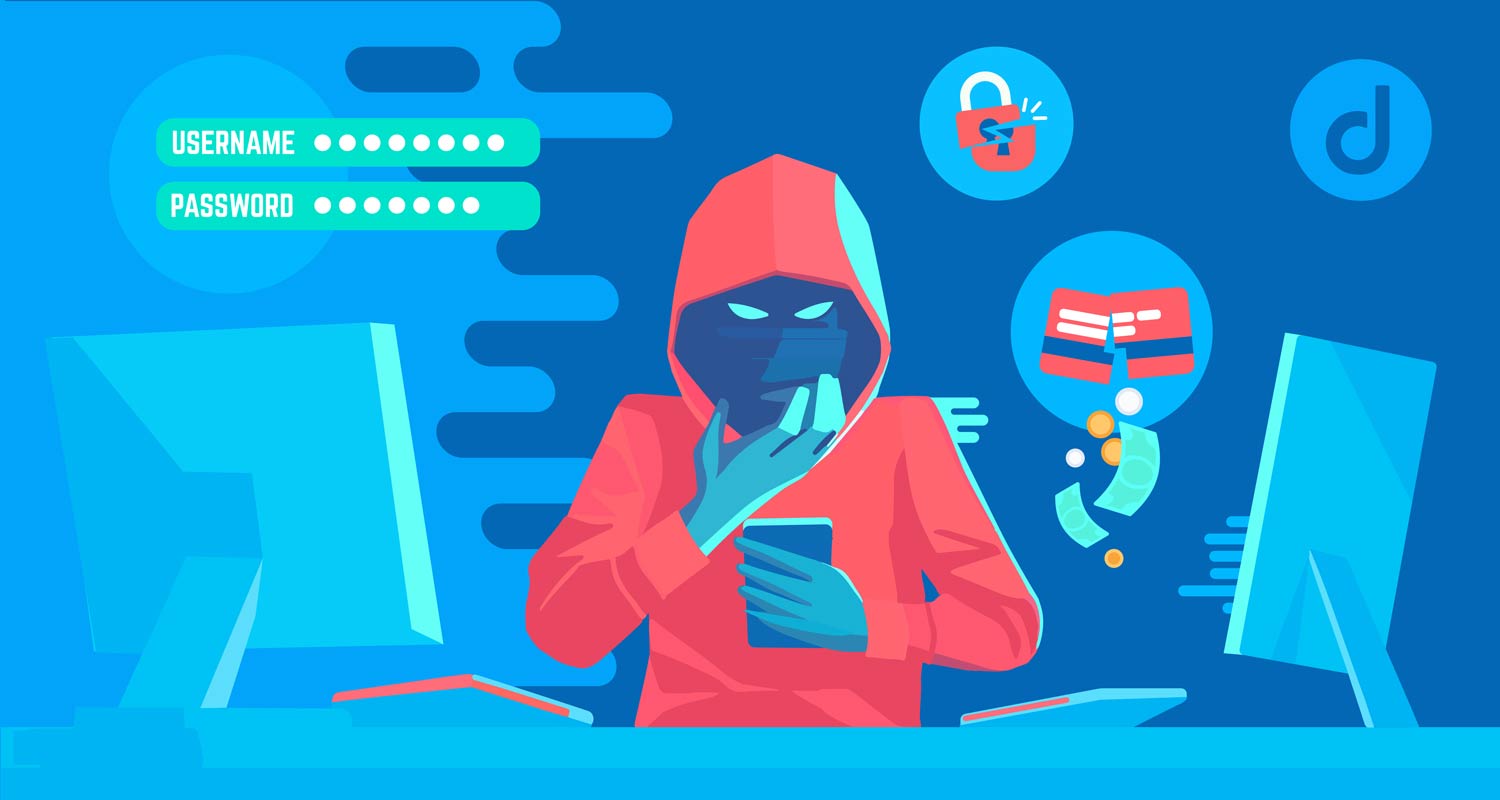 Cybersecurity threats are a growing concern worldwide. According to Statistica, the estimated cost of cybercrime worldwide could reach a staggering US$15.63-trillion by 2029. As technology becomes more advanced and convenient, cybersecurity safety should take centre stage as well. Businesses of all sizes and consumers everywhere should remain knowledgeable to better prepare and protect themselves.
Cybersecurity threats are a growing concern worldwide. According to Statistica, the estimated cost of cybercrime worldwide could reach a staggering US$15.63-trillion by 2029. As technology becomes more advanced and convenient, cybersecurity safety should take centre stage as well. Businesses of all sizes and consumers everywhere should remain knowledgeable to better prepare and protect themselves.
In this article, we highlight the most common threats that small-to-medium sized enterprises face, and share cybersecurity safety tips to help improve your business’s readiness.
5 common cybersecurity threats faced by SMEs
PwC’s 2024 Global Digital Trust Insights Survey identified malware and phishing as the types of cyberattacks businesses are faced with most often. While these and other types of attacks are a danger, the real threats to businesses include:
- Ignorance: Many SMEs underestimate the importance of cybersecurity and it is this ignorance that is leaving them vulnerable to attacks. Cybercriminals don’t just target large corporations, so don’t be fooled in thinking your business is not on the radar. Every business owner and all employees need to understand the risks and prepare for them.
- Poor cybersecurity hygiene: While cybersecurity can become extremely advanced, it is alarming to realise how many businesses don’t even have the basics in place – such as strong and unique passwords or applying security patches and updates promptly, or regulating employee system access.
- A reactive approach: What would happen if your business suffered a data breach today? Do you have a plan in place or will you address it if and when the time comes? Unfortunately, without a proactive cybersecurity strategy in place, businesses will face serious confusion and delays, as well as a difficult and highly expensive road to recovery.
- Cybersecurity skills shortages: Do you have a qualified cybersecurity professional in your business? Many SMEs don’t. Without in-house cybersecurity skills, SMEs often fail to keep pace with rapidly evolving threats or inadequately configure security tools. This shortage can increase the risk of successful attacks.
- Third-party and supply chain weaknesses: Many SMEs rely on various third-party vendors and partners. Attackers know this and may target less-secure vendors as a backdoor. Don’t overlook the importance of vetting your partners’ security practices or fail to implement proper controls for third-party access.
5 Cybersecurity safety tips to help combat the above threats
- Appoint a cybersecurity manager and schedule ongoing staff training: Designate a cybersecurity leader (or team) to oversee all aspects of your business’s cybersecurity efforts. It is vital that this individual or department stay up to date and prepare frequent and engaging training sessions to keep all staff informed about the latest types of attacks and best practices.
- Implement strong security measures: Implement a multi-layer approach to your business security. Start with the basics:
— Enforce strong password policies
— Enable multi-factor authentication (MFA)
— Keep systems updated
— Adopt a zero-trust approach – “never trust, always verify”
— Install an SSL certificate on your website
— Make use of antivirus software on all devices
- Invest in advanced cybersecurity technology: While basic security is a must, that’s only the beginning. You have to take your cybersecurity to the next-level:
— Implement “security-by-design” when choosing networks and web hosting infrastructure
— Deploy next-generation firewalls
— Invest in daily data backup solutions
— Consider advanced threat detection tools
- Assess your security posture by a third-party: Get external experts in to review your security posture and identify areas for improvement. It is also important to regularly review the security practices of your key vendors and partners to ensure they’re not introducing unnecessary risk.
- Create a fail-proof and proactive cybersecurity response plan: Develop a comprehensive incident response plan that outlines roles, steps and communication protocols for various cyberattack scenarios. A well-prepared response strategy can significantly reduce the impact of attacks and demonstrate your commitment to security.
While the threats are real and evolving, so are the solutions. By understanding the risks, implementing strong security measures and staying proactive, your business can significantly improve its cybersecurity resilience.
About Domains.co.za
Domains.co.za is a domain name and website hosting provider based in Johannesburg. We don’t believe in tying our customers down with tedious contracts, but we do believe in offering a great service and excellent, affordable products. In fact, we usually exceed our 99.9% uptime promise. The core of our business is to help entrepreneurs, start-ups and small businesses take their ventures onto the world wide web. All our packages are scalable, which means they can grow with your business’s growth. We also offer value-added services like SSL and antivirus as well as a simple-to-use website builder add-on called Site Builder. Oh, and have you heard about our great customer Control Panel? You’ll love it! Follow Domains.co.za on Facebook, Instagram, LinkedIn, X and YouTube.
- Read more articles by Domains.co.za on TechCentral
- This promoted content was paid for by the party concerned




